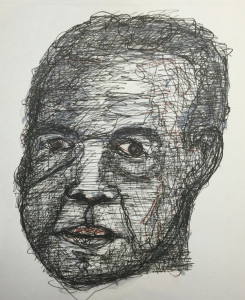Mohammad Ali’s passing has been widely reported. It is clear that he was a singular athlete and a unique role model.1 After winning the world heavyweight championship from Sonny Liston in 1964 at the age of 22, he converted to Islam. This was not a popular religious choice at the time.
He gave a message of racial pride for African Americans. Ali was arrested and found guilty of draft evasion in the 1960’s. He cited his religious beliefs and his opposition to the Vietnam War. He took his conviction to the U.S. Supreme Court, which overturned his conviction in 1971.
Ali was diagnosed with Parkinson’s syndrome in 1984. The disease led to a gradual decline in his health. He was a world boxing champion and a social activist. He was also an entertainer of sorts and a trash talker. He backed up his talk, however, as he is considered one of the greatest heavyweights of all time by boxing commentators and historians.
I will remember Ali for his brilliant athleticism. He developed a “rope-a-dope” strategy wherein he leaned against the ropes absorbing punishment from his opponent, hoping to tire him. He defeated every top heavyweight in his era. He is a role model for the proposition that we should not hide from our race or our religious beliefs. For anyone who is struggling with a low self-image or seeking to find their voice, Ali is an example of confident self- assuredness.



